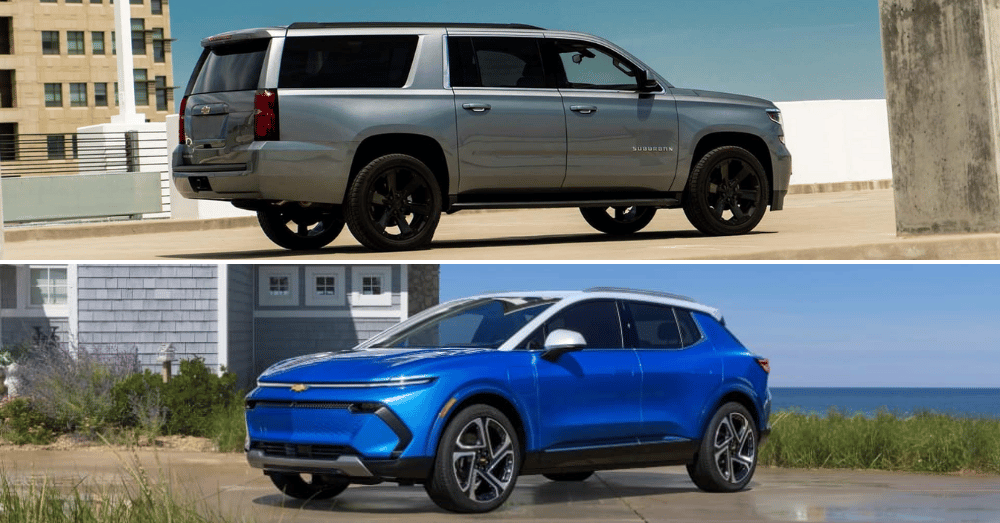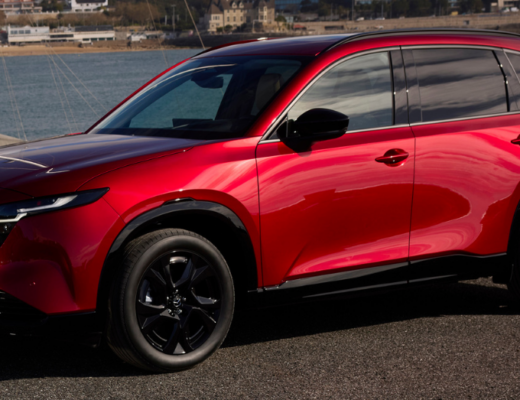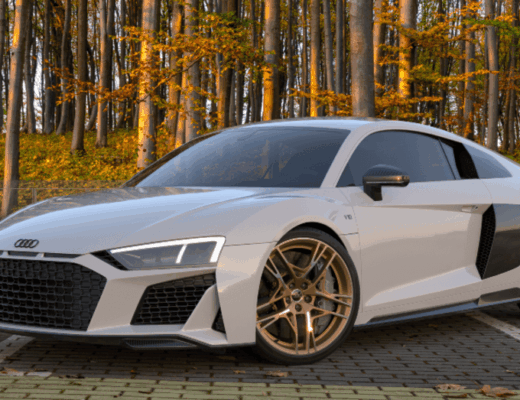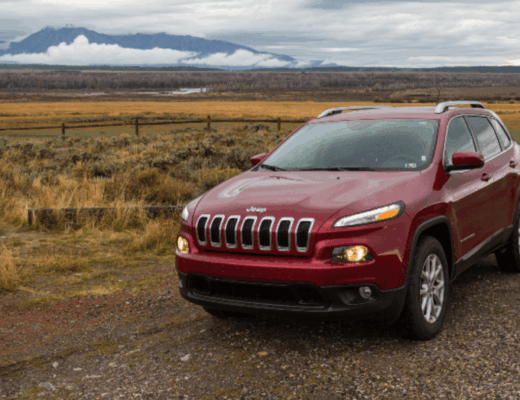Ever since Sport Utility Vehicles hit the mainstream as family vehicles on a truck frame, they’ve had a reputation for poor fuel efficiency. This became even more pronounced when larger models took center stage, like the Chevrolet Suburban and the Ford Expedition. But are all SUVs fuel hogs? Thanks to the crossover revolution and alternative fuels, that couldn’t be further from the truth.
Bigger is Thirstier
It’s no secret that new and used SUVs are all the rage. Aside from trucks, Sport Utility Vehicles have cemented themselves as the favorite vehicle in America. However, these vehicles come in many different sizes and even shapes. You’re probably aware that SUVs like the Jeep Wrangler, the Ford Expedition, and the Chevrolet Suburban aren’t very fuel-efficient. The larger the SUV, the larger its gas-powered engine usually is.
For SUVs boasting gas V8s or even V6 engines, you can typically expect your city MPG to be below 20. For some big SUVs, you’re lucky to have a combined or highway MPG much over 20. The reason for this is simply size. Larger SUVs are heavier, and many are built on truck chassis. They need lots of power to move around, much less give you the acceleration you want. Unsurprisingly, they aren’t very efficient.

Electric and Hybrid SUVs Change the Game
The good news is that you no longer have to sacrifice fuel efficiency in many cases if you want an SUV. That’s because hybrid and electric crossovers are much more efficient. The truth is that many people who buy new or used SUVs simply want something big and stylish with a raised ride height. They don’t always want to tow. For the most part, towing is the biggest reason why inefficient, gas-powered large SUVs are still among us.
Many SUV buyers are looking for family-haulers. Almost every major automaker has hybrid SUV and crossover options if you’re not sure about electric yet. Hybrids combine the power of an electric motor with a gas engine to give you the best of both worlds. Hybrid crossovers can expect much better gas mileage in most cases, with numbers in the high 20s, 30s, and even 40s, depending on the size.
Long Range Electric SUVs
One of the biggest reasons buyers turn away from electric models is concern over how far they can drive on one charge and whether they’ll be able to find a place to recharge. There are some electric SUVs out there with plenty of range. For example, the Rivian R1S is soaring in popularity thanks to its rugged good looks and up to 380 miles of range.
On the smaller side, the Chevrolet Blazer EV delivers up to 324 miles of range and a fast charging time of 9.5 hours to regain full battery life. On the luxury side of electric crossovers is the Mercedes-Benz EQ EQS SUV. The EQS also boasts up to 339 miles of range. As you can see, these SUVs have more than enough range for most daily driving purposes to fit the bill.
In other words, if you want an SUV but aren’t sure how economical it will be, you have plenty of efficient options to choose from.
This post may contain affiliate links. Meaning a commission is given should you decide to make a purchase through these links, at no cost to you. All products shown are researched and tested to give an accurate review for you.




